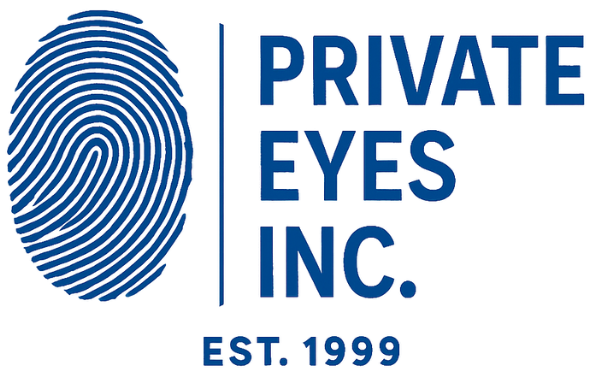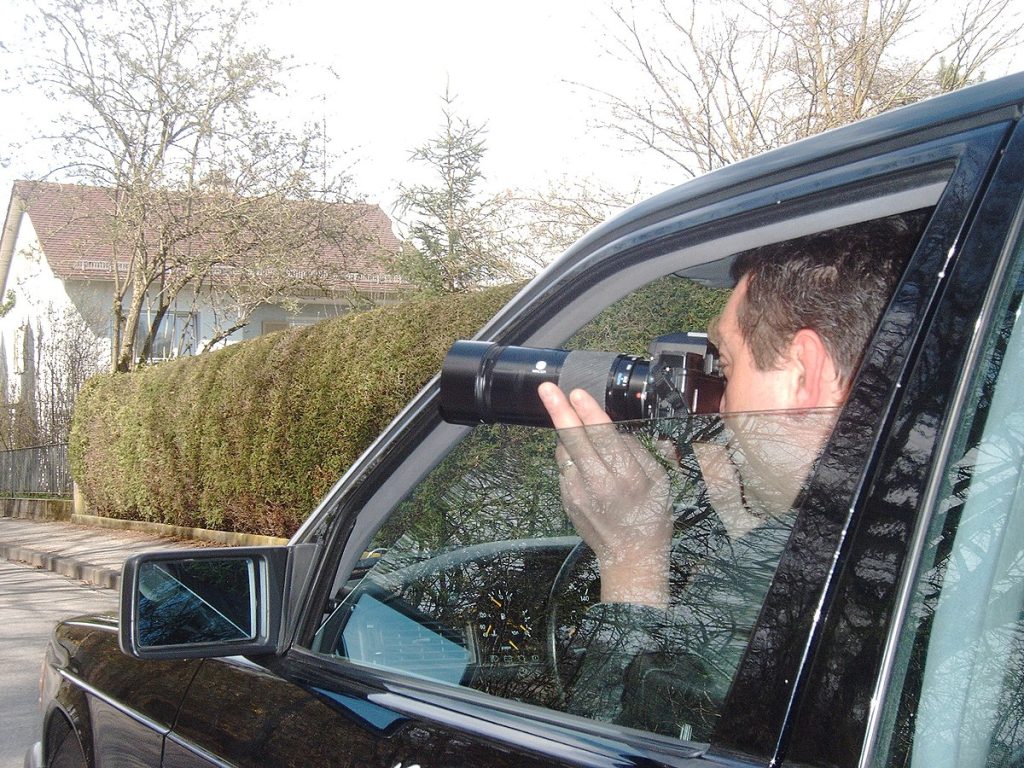Is it legal for a Private Investigator to use GPS Tracking? Private investigators, often referred to as “private eyes,” play a Vital Role in assisting individuals, businesses, and law enforcement in uncovering the truth. One tool that has become increasingly popular in the investigative world is GPS tracking. However, the legality of using GPS tracking in the course of their work has been a topic of debate and confusion. In this blog post, we will explore the legal aspects of GPS tracking for private investigators to help shed light on the subject and ensure they operate within the boundaries of the law, they may vary state to state.
Understanding GPS Tracking
GPS (Global Positioning System) tracking involves the use of satellites and devices to pinpoint the exact location of an object or person. Private investigators often employ this technology to monitor the movements of subjects under investigation, track valuable assets, or gather critical evidence. While GPS tracking can be a valuable tool, it must be used in compliance with relevant laws and regulations.
Legal Considerations
Is it legal for a Private Investigator to use GPS Tracking? The legalities surrounding GPS tracking by private investigators vary by jurisdiction, so it is essential to understand the laws in your specific area. However, there are several key principles that generally apply in many regions:
Consent:
In most jurisdictions, it is illegal to place a GPS tracking device on someone’s vehicle without their consent. Consent can be explicit, such as obtaining written or verbal permission from the vehicle’s owner. In some cases, implied consent may be sufficient, but the specific requirements vary by location. It’s crucial to consult local laws to ensure compliance.
Legitimate Interest:
In some cases, private investigators may be allowed to use GPS tracking without explicit consent if they have a legitimate interest. This is often the case when the investigator is working on a legal case or assisting with issues like child custody or employee monitoring. Still, even in these situations, there are typically strict limitations on the use of GPS tracking.
Workplace Use:
In some regions, private investigators may be hired by employers to track company vehicles used by employees. The legality of this practice varies, but it is generally more acceptable as long as employees are informed of the tracking.
Invasion of Privacy:
Using GPS tracking in a manner that invades an individual’s privacy can result in legal consequences. Laws typically prohibit tracking individuals in areas where they have a reasonable expectation of privacy, such as their homes.
Data Handling:
Investigators must also be diligent in handling the data collected from GPS tracking devices. Unauthorized disclosure of tracking data can lead to privacy violations and legal complications.
State and Federal Laws:
In the United States, both state and federal laws may apply to GPS tracking. The Electronic Communications Privacy Act (ECPA) is a federal law that restricts the interception of electronic communications, which may include tracking data. State laws often further regulate GPS tracking.
The use of GPS tracking by private investigators is a powerful tool for gathering information and evidence. However, it is crucial for private investigators to operate within the boundaries of the law. In many cases, obtaining consent or demonstrating a legitimate interest is necessary to use GPS tracking legally. Violating privacy laws can result in serious legal consequences, including fines and damage to one’s professional reputation.
To navigate the complex legal landscape of GPS tracking, it is essential for private investigators to seek legal counsel and stay informed about the specific regulations in their jurisdiction. By adhering to the law, private investigators can maintain their credibility and reputation while effectively serving their clients in a lawful and ethical manner.
If you or someone you know needs assistance contact Private Eyes Inc. today!
Trusted Since 1999
Prior Law-Enforcement / Military Veteran Owned & Operated
Assisting attorneys and the general public. 866-774-3937 (PRI-EYES)






